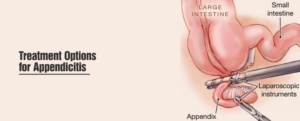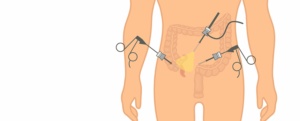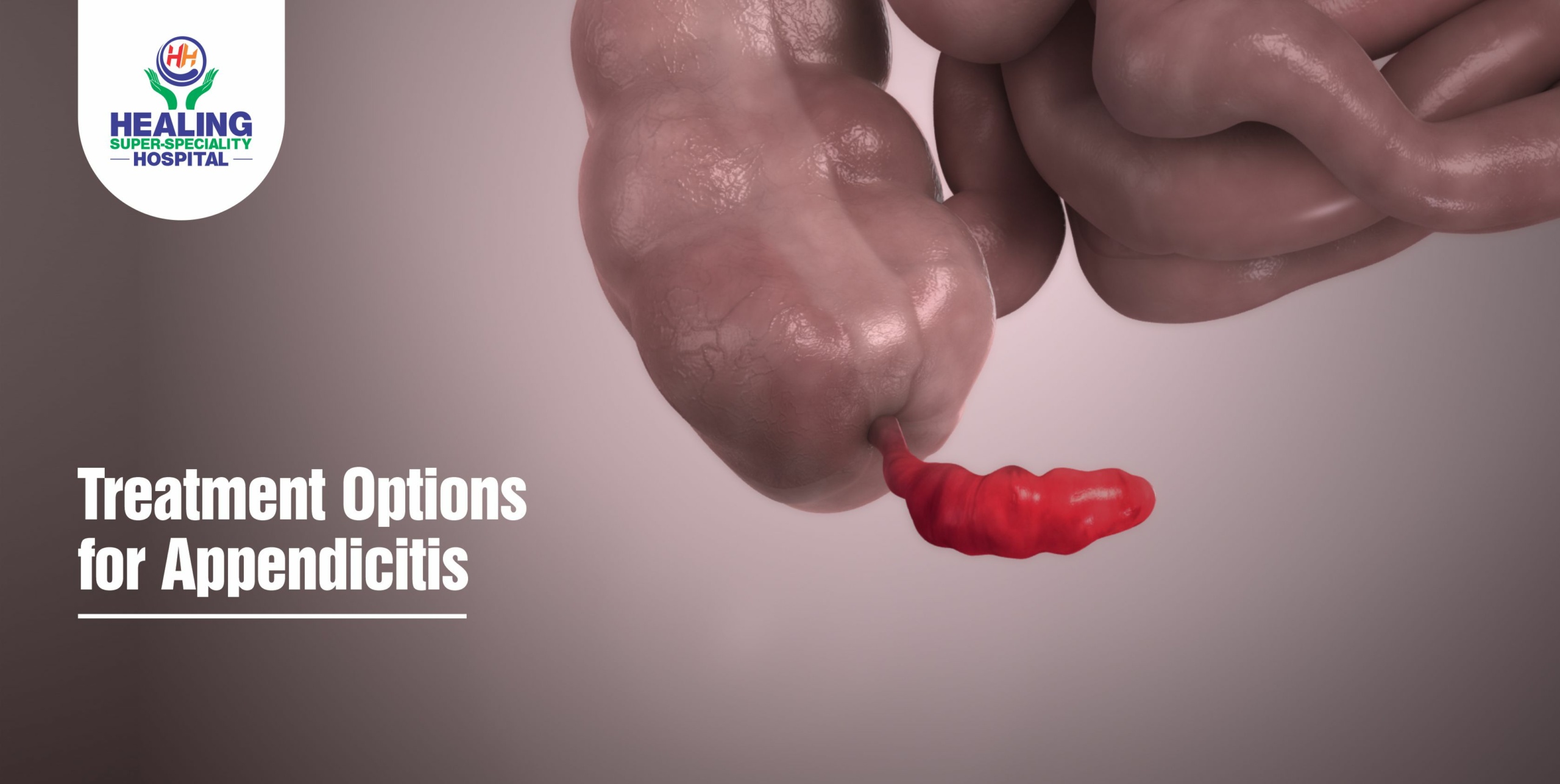Appendicitis is an inflammation of the appendix, which is a finger-shaped pouch on the lower right side of your belly that projects from your colon. In most patients, though, pain begins about the navel and subsequently spreads.
Appendicitis can be either acute or chronic in nature. Bacteria can multiply inside your appendix if it becomes obstructed. This might result in the creation of pus and swelling, causing uncomfortable abdominal pressure. Blood flow can also be obstructed by appendicitis.
Appendicitis can cause your appendix to burst, if left untreated. In such a case, bacteria can leak into your abdominal cavity, causing significant and sometimes fatal complications.
Your doctor will most likely collect a history of your signs and symptoms and inspect your belly to help diagnose appendicitis. Tests and procedures used to diagnose appendicitis include physical exam, blood test, urine test and imaging tests.
Click here to know more about Appendicitis surgery in Chandigarh: https://healinghospital.co.in/general-surgery/

Treatment Options for Appendicitis
Surgical removal of the inflamed appendix is frequently required for appendicitis treatment. Antibiotics may be prescribed prior to surgery to help prevent infection.
One or more of the following may also be used in your treatment:
- If your abscess hasn’t ruptured, you’ll need to empty it using needle drainage or surgery before undergoing surgery.
- Pain medicines
- IV fluids
- Liquid diet
Mild appendicitis may improve with antibiotics alone in rare circumstances. However, most people will require surgery to remove their appendix.
Appendectomy
Appendectomy can be done as an open surgery with a 2 to 4 inch long abdominal incision (laparotomy). Alternatively, the procedure can be performed through a few minor abdominal incisions (laparoscopic surgery). The surgeon puts special surgical equipment and a video camera into your belly during a laparoscopic appendectomy to remove your appendix.

Laparoscopic surgery, in general, allows you to heal faster and with less discomfort and scarring. For older adults and obese persons, it may be a better option.
However, not everyone is a candidate for laparoscopic surgery. If your appendix has ruptured and the infection has spread beyond it or you have an abscess, you may require an open appendectomy, which permits the surgeon to clean the abdominal cavity.
You may have to spend one or two days in the hospital after your appendectomy.
If your appendix bursts and an abscess forms around it, it can be drained by inserting a tube into the abscess via your skin. After the infection has been controlled for several weeks, an appendectomy can be performed.
Also Read: https://healinghospital.co.in/laparoscopic-surgery-what-is-it/
Home Remedies
If you have your appendix surgically removed, your doctor may give antibiotics and pain medicines to help you recover. In addition to taking your medications as directed, it may be beneficial to:
- Get plenty of sleep
- Drink a lot of water
- Avoid intense activity and carrying heavy objects unless your doctor indicates it’s okay to do so.
- Go for a leisurely walk every day
- Maintain cleanliness and dryness near your surgical incision sites.
In some circumstances, your doctor may advise you to make dietary changes. If you’re feeling nauseous after surgery, basic foods like toast and plain rice may help. If you’re suffering from constipation, a fibre supplement may be beneficial.
Click here to get the best Appendicitis Treatment In Chandigarh: https://healinghospital.co.in/general-surgery/
























